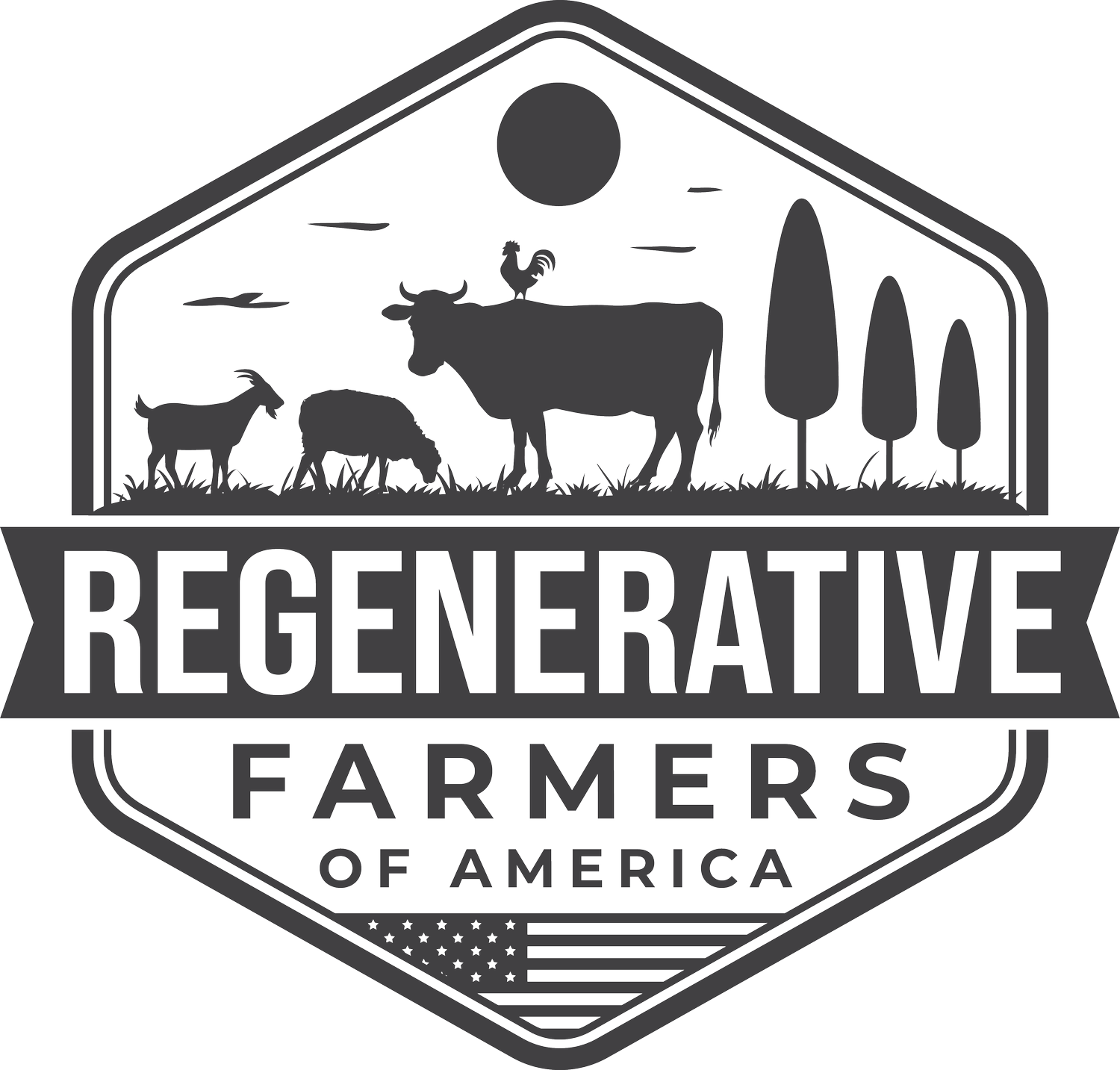Say Goodbye to Peat: Eco-Friendly Alternatives for Gardening Soil
Peat is a popular ingredient in gardening soil mixes, but its extraction and use have numerous environmental issues. Peat is a type of organic matter that forms when plant material accumulates in waterlogged environments, such as bogs and fens. Peat extraction involves draining the water from these areas and removing the peat for use as a soil amendment.
However, this process has several negative consequences. Peat bogs are important habitats for many species of plants and animals, and the loss of these areas through extraction can have significant impacts on biodiversity. Peat extraction also contributes to greenhouse gas emissions, as peat that is drained and exposed to air releases carbon dioxide and other gases. Additionally, peat extraction can lead to soil erosion and water pollution, as the drainage of the bogs can alter the hydrology of the area.
Given these concerns, there is a growing interest in finding alternatives to peat for use in gardening. Some of the most commonly used alternatives include:
Compost: Compost is a rich, organic soil amendment made by breaking down food scraps, yard waste, and other organic materials. It is a great source of nutrients and organic matter for plants, and can be made at home or purchased from a garden center.
Coconut Coir: Coir is a byproduct of the coconut industry and is made from the fibrous material that surrounds the coconut shell. It is an excellent alternative to peat as it is renewable, biodegradable, and does not contribute to habitat loss or greenhouse gas emissions.
Bark: Bark is another common alternative to peat, and is made from the outer layer of trees. It is a good source of organic matter and can help to improve soil structure, but it may also contain chemicals and compounds that can be harmful to plants.
Biochar is a type of charcoal created by heating organic matter in the absence of oxygen, a process known as pyrolysis. It has a porous structure that helps improve soil fertility and retain water and nutrients.
Worm Castings: Worm castings are a type of compost made by worms, and are rich in nutrients and beneficial microorganisms. They can be used as a soil amendment or added to potting mixes to improve plant growth and health. See our content about vermicomposting here.
In conclusion, while peat has been a popular ingredient in gardening soil mixes for many years, it is important to consider its environmental impacts and seek out alternative options. Whether you choose compost, coconut coir, bark, or worm castings, there are many sustainable and effective options for improving your garden soil and supporting healthy plant growth.
